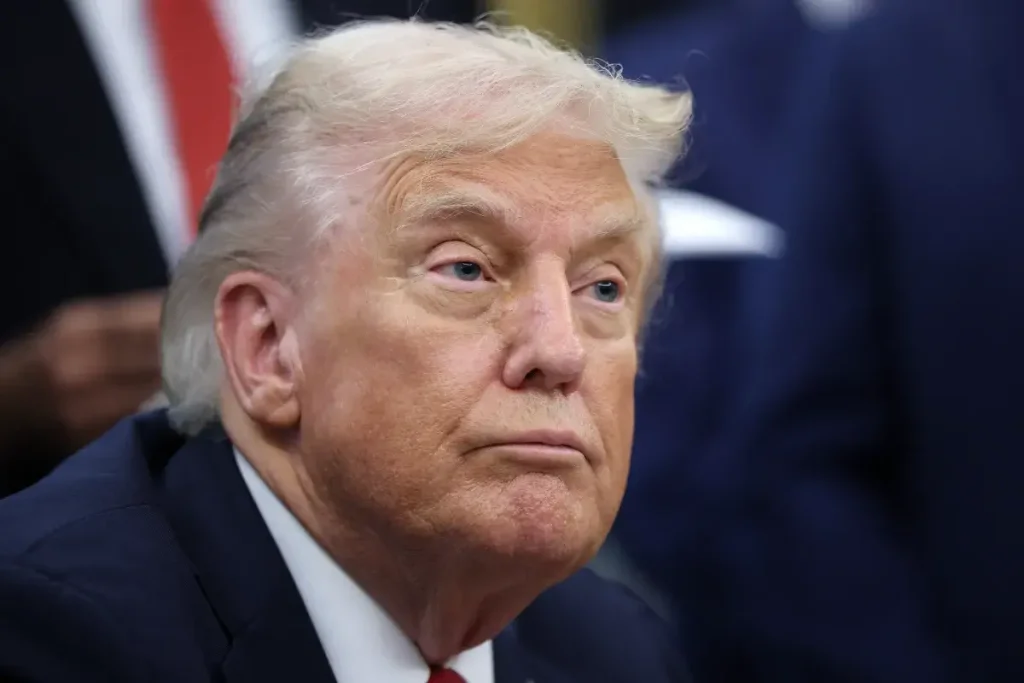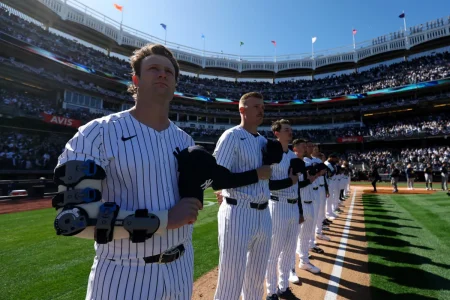Trump Administration Faces Major Setback on Birthright Citizenship Order
In a significant blow to the Trump administration’s immigration agenda, an appeals court recently upheld an injunction blocking President Trump’s executive order that aimed to end birthright citizenship for children of undocumented immigrants and temporary residents in the United States. This ruling represents the latest in a series of judicial obstacles confronting the administration’s controversial policies. The decision by the 1st U.S. Circuit Court of Appeals in Boston maintains the block on an executive order that Trump signed just hours after his second inauguration on January 20, underscoring the ongoing tension between executive power and judicial review in the American system of government.
The battle over birthright citizenship touches on fundamental constitutional principles dating back to the 14th Amendment, which has been interpreted to grant citizenship to virtually all children born on U.S. soil since the landmark 1898 Supreme Court case United States v. Wong Kim Ark. In February, U.S. District Judge Leo Sorokin blocked Trump’s executive order in response to a legal challenge brought by 18 Democratic-led states and the District of Columbia. Multiple lower courts have since ruled that the executive order violates the 14th Amendment’s citizenship clause, which states that “all persons born or naturalized in the United States, and subject to the jurisdiction thereof, are citizens of the United States.” The Boston appeals court’s decision reinforces these earlier rulings, with the judges pointedly noting in their opinion that “our nation’s history of efforts to restrict birthright citizenship—from Dred Scott in the decade before the Civil War to the attempted justification for the enforcement of the Chinese Exclusion Act in Wong Kim Ark—has not been a proud one.”
This judicial resistance comes despite Republicans controlling both the White House and Congress, highlighting the crucial role courts play in the constitutional checks and balances system. The Trump administration has encountered similar judicial roadblocks on other policy initiatives, including sanctions against International Criminal Court employees and attempts to remove legal protections for Haitian migrants. These court challenges have become one of the most significant impediments to implementing the administration’s agenda, even with favorable political conditions in the other branches of government.
The legal landscape surrounding this issue became more complex in June when the Supreme Court issued a 6-3 ruling that limited—but did not eliminate—lower courts’ power to block the executive order. That decision addressed procedural aspects of the case but notably did not rule on the constitutional merits of birthright citizenship itself. Following the Supreme Court’s procedural ruling, Judge Sorokin reaffirmed his original decision blocking the order, which then moved to the 1st Circuit Court of Appeals for review. In a parallel development, the 9th U.S. Circuit Court of Appeals in San Francisco separately upheld another injunction against Trump’s order in July, also citing 14th Amendment violations.
The 1st Circuit’s ruling was unambiguous in rejecting the administration’s arguments. “The Government was therefore wrong to argue that the plaintiffs are not likely to succeed in showing that the children that the EO covers are citizens of this country at birth,” the court wrote, adding that the government was “wrong to argue that various limits on our remedial power independently require us to reverse the preliminary injunctions.” This clear language reflects the court’s conviction that the executive order faces substantial constitutional hurdles that the administration is unlikely to overcome through lower court proceedings.
With these consistent judicial rejections, the Trump administration has now turned its hopes to the Supreme Court, asking the justices to issue a definitive ruling on the constitutionality of the executive order. With a 6-3 conservative majority on the Court, administration officials may see a potential path to victory, though any such decision would represent a dramatic departure from over a century of constitutional interpretation regarding birthright citizenship. As this legal battle continues, it raises profound questions about presidential authority, constitutional interpretation, and the future of immigration policy in the United States. Meanwhile, the Department of Homeland Security and the White House have yet to publicly respond to the latest court decision, leaving uncertain how the administration plans to proceed as its immigration agenda faces continued judicial scrutiny.














